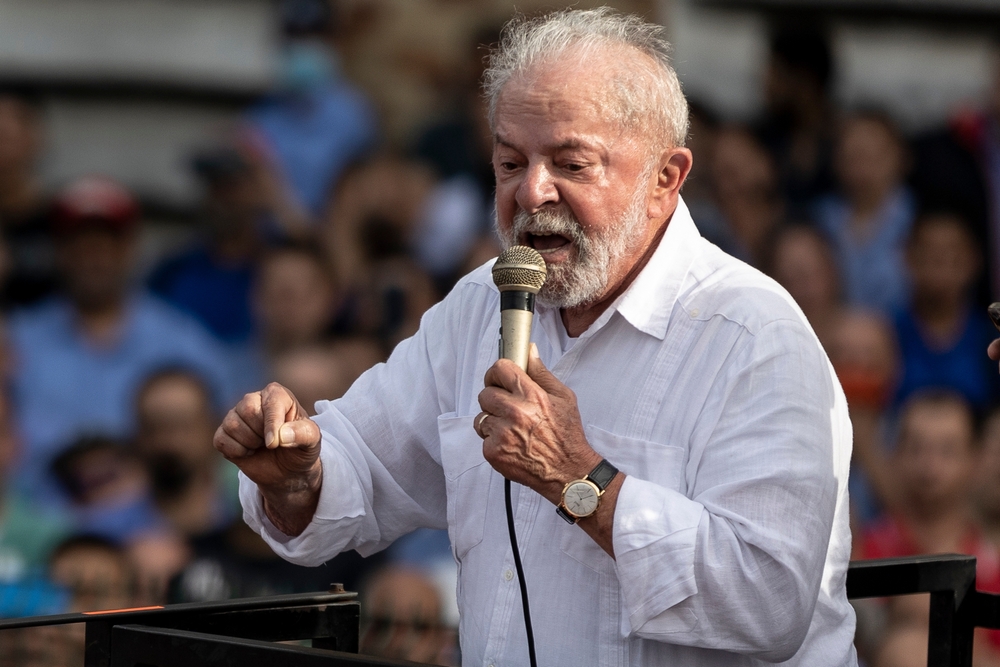As shrewd of a politician as they come, Brazilian President Luiz Inácio Lula da Silva has created a lot of noise by way of his constant jabs at the Central Bank (which has enjoyed operational autonomy since 2021) and its chairman, Roberto Campos Neto (who was appointed by far-right former President Jair Bolsonaro), blaming them for Brazil’s sky-high interest rates.
Brazil currently has the world’s highest real interest rates, after discounting inflation. Lula has steered the debate around whether the bitter pill of high interest rates could be overkill that will lead Brazil to a recession. That concern is further exacerbated by Brazil’s high indebtedness levels and apparent signs of economic slowdown.
As our Brazil Daily newsletter has shown, Lula knows that a sitting president gets praised when overall economic conditions are good, and loses popularity when the opposite happens. In a polarized country, he also knows he needs to deliver results quickly — and sees high borrowing costs as a major obstacle to boosting the economy.
That explains why the president has tried to dominate public debate around the country’s benchmark interest rate. Data from media monitoring platform NewsWhip suggests this strategy has been effective. At the request of The Brazilian Report, NewsWhip analyzed social media interactions and news articles involving the terms “Central Bank” and “interest rate.”
The level of engagement around these issues is only matched by days of monetary policy meetings. But even on those occasions, engagement typically drops quickly. Lula has managed to keep it as a key part of the public debate.
A recent poll shows that 76 percent of Brazilians agree with Lula’s efforts to force interest rates down. The problem for the president is that most Brazilians don’t understand what the independence of the Central Bank really means — which also explains the constant effort to hammer the subject home.


 Search
Search






































